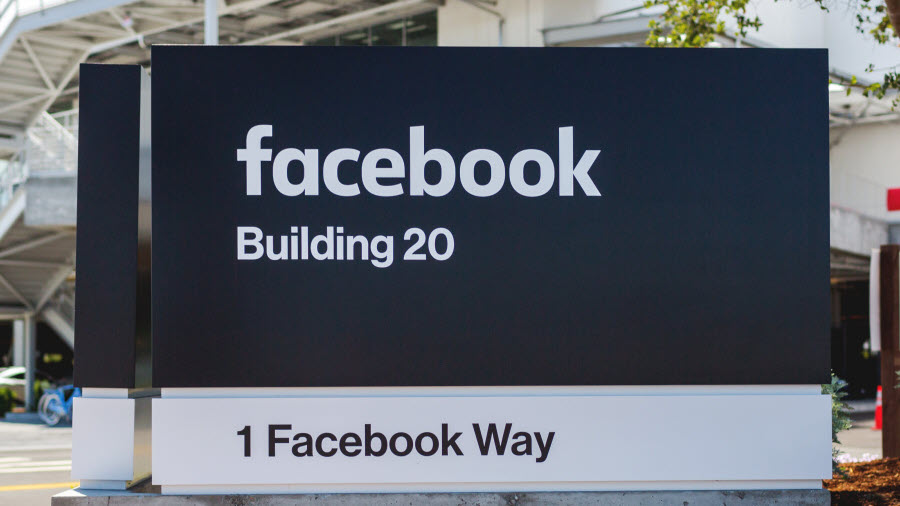Privacy Groups Hail Facebook Facial Recognition Settlement

The smarter way to stay on top of broadcasting and cable industry. Sign up below
You are now subscribed
Your newsletter sign-up was successful
Facial recognition critics are weighing in on Facebook's revelation--in its financial reports this week--that it had paid $550 million to settle a class action suit alleging it had violated an Illinois law by using the biometric technology without user's knowledge consent.
That was just the latest payout from a company that has ponied up billions to settle government privacy investigations.
The American Civil Liberties Union, which had filed a brief in the case, called it an example of states filling in the privacy gap left by congressional inaction on federal privacy legislation.
"The devil will be in the details of the settlement, but this case is a great example of how states can take the lead to protect their residents' privacy rights despite Congress' failure to do the same," said Nathan Freed Wessler, staff attorney with the ACLU's Speech, Privacy, and Technology Project. "This case has also underscored the importance of giving consumers the right to sue privacy-violating companies in order to hold those companies accountable for their actions. Lawmakers nationwide should follow Illinois’ lead.”
Electronic Privacy Information Center (EPIC), which also filed an amicus brief in the case, was also pleased, pointing out that it had spent the last decade trying to get the Federal Trade Commission to limit Facebook's user of facial recognition.
EPIC argued that the company's collection of biometric data "puts unique personal data at heightened risk of theft, unauthorized use, and unauthorized disclosure."
Facial recognition is under heightened scrutiny.
The smarter way to stay on top of broadcasting and cable industry. Sign up below
Earlier this month, Fight for the Future joined with other groups to launch a campaign to stop the use of the technology on college campuses, a follow-up to its campaign to stop its use ad concerts and music festivals.
Contributing editor John Eggerton has been an editor and/or writer on media regulation, legislation and policy for over four decades, including covering the FCC, FTC, Congress, the major media trade associations, and the federal courts. In addition to Multichannel News and Broadcasting + Cable, his work has appeared in Radio World, TV Technology, TV Fax, This Week in Consumer Electronics, Variety and the Encyclopedia Britannica.

